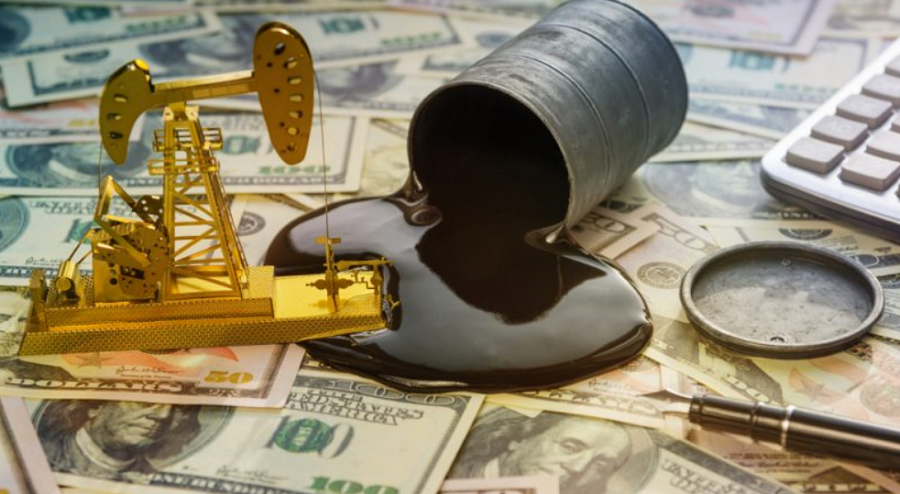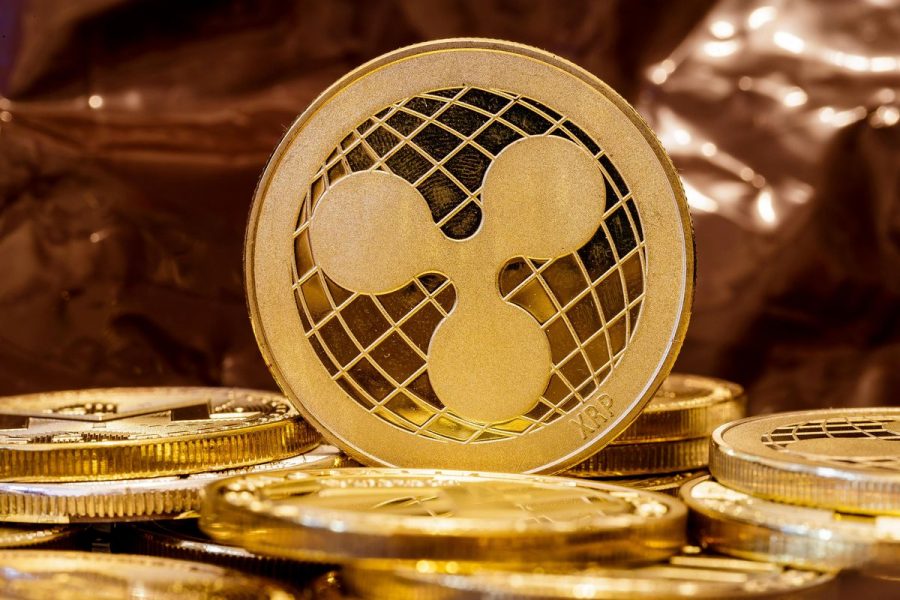According to the World Bank’s semi-annual commodity outlook, the organisation anticipates demand for oil will remain below pre-pandemic levels beyond 2021. In the statement credited to the multi-lateral body, it tried to juxtapose the performance of energy commodities with agriculture and metal commodities. According to the World Bank, metal and agricultural commodities have recouped losses posted due to the impact of the pandemic and are even expected to post some modest gains in 2021. However, energy price, despite some decent recovery, remain well below pre-pandemic levels and is expected to stabilise below pre-pandemic levels in 2021.
READ: $70 billion per annum will be needed to tackle pandemic induced poverty – World Bank
We recall in February/March 2020, oil price began to dip on the back of fears of price war between Saudi Arabia and Russia as well as demand concerns stemming from lockdown measures (which restricted movements) implemented to control the spread of covid-19. As a result, oil prices dipped close to the US$22/bbl support level. However, an OPEC+ meeting in April which led to historical cuts in crude oil supply lent some support to oil price as Brent rallied to a c.US$40/bbl. resistance.
READ: Bitcoin surges pass $11,500, BTC wallets activity hit 2.5 year high
While compliance to cuts have been impressive (underproduction in some countries compensated for overproduction in non-complying countries), production is gradually climbing as the cuts are being relaxed in phases in line with the April agreement. Despite this, the same cannot be said of demand which has recovered decently but remains well below pre-pandemic levels. According to the World Bank, tourism and travel continues to be held back by health challenges, thus, demand for jet fuel and other energy products
remains weak.
READ: Manufacturing: Activity levels pick up albeit readings still below water
We agree with the World Bank’s prognosis on outlook for energy commodities. We recall highlighting new cases of new covid-19 cases in many European countries that had previously brought the pandemic under control which implies a second wave may be in swing as we enter the winter months. This may to lead to renewed lockdown measures in different regions as countries try to limit the spread. In addition, we expect it to weigh on the minds
of travellers & tourists who may be reluctant to travel as health concerns remain elevated.
READ: Nigerian economy since 1980: Are we under a resource curse?
Examining the impact on the Nigerian economy, we think an above US$40/bbl Brent price remains healthy for the 2021 budget revenue projections which is critical to achieving the historic revenue numbers projected in an ambitious budget. However, we retain grave concerns on the countries external conditions and consequently exchange rate. We think the prolonged weakness in oil prices would drag on export receipts and thus FX earnings.
That said, we reiterate our agelong clamour for economic managers to adequately diversify the country’s export earnings particularly exploring opportunities in mining and agriculture. Furthermore, investments and business regulations to accelerate local industrialisation which would foster local production of many imported products would significantly help to reduce dependence on imported products and thus conserve scarce FX.
Explore Data on the Nairametrics Research Website












